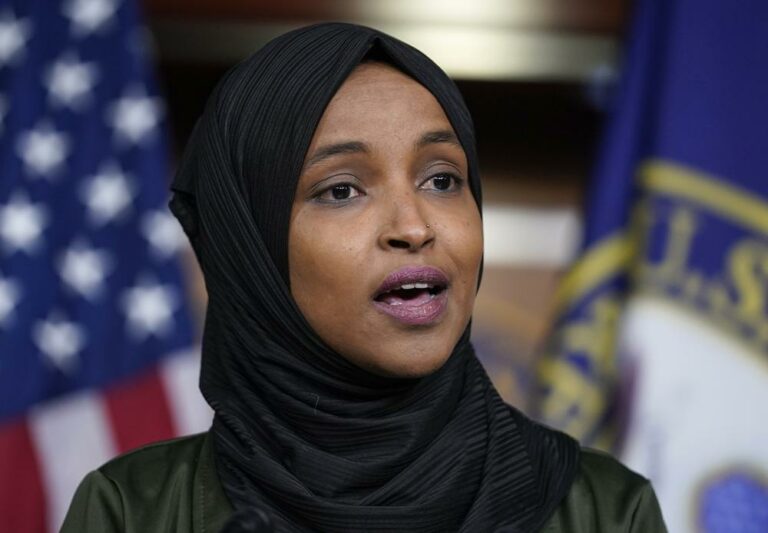 Four years and one re-election after Barack Obama became America’s first black president, some of the thrill is gone.
Four years and one re-election after Barack Obama became America’s first black president, some of the thrill is gone.
Yes, the inauguration of a U.S. president is still a big deal. But the ceremony that Washington will stage in a few weeks won’t be the heady, historic affair it was in 2009, when nearly 2 million people flocked to the National Mall to see Obama take the oath of office. This time, District of Columbia officials expect between 600,000 and 800,000 people for Obama’s public swearing-in on the steps of the Capitol on Monday, Jan. 21.
“There certainly will not be the sort of exultation you saw four years ago,” said Mike Cornfield, a George Washington University political science professor. One reason why, Cornfield said, is it simply lacks the dramatic transfer of power from one president to the next.
“This is not a change that commands people’s interest automatically,” Cornfield said. “It’s a confirmation of power.”
Even Obama acknowledges he’s already, shall we say, a little washed-up the second time around.
“I think that a lot of folks feel that, ‘Well, he’s now president. He’s a little grayer. He’s a little older. It’s not quite as new as it was,’” the president often told supporters while campaigning for re-election.
His inaugural committee has scaled back to three days of festivities, instead of four. Some changes are on account of the slowly recovering economy and a desire by planners to ease the security burden on law enforcement.
But they also reflect a realization that the thrill for Obama’s second inauguration burns a little weaker. There are only two official inaugural balls this year, both at the Washington Convention Center, rather than 10 official balls at multiple locations around town. There will be a parade, but it’s expected to be smaller too; about 130 groups and 15,000 people marched down Pennsylvania Avenue to the White House in 2009.
Two weeks before the big day, plenty of hotel rooms still haven’t been booked. Four years ago, some hotels sold out months in advance.
Obama will be sworn in first on Jan. 20, the date set by the Constitution, but it will be done in private since the day falls on a Sunday. His public swearing-in the next day also falls on the federal holiday honoring civil rights leader Martin Luther King Jr., branding the occasion with another layer of historical significance, especially for African-Americans.
Four years ago, Obama was what the country craved. He was a fresh political face who, with his promise to conduct Washington’s business differently, offered people a reason to hope for change. But those people have now watched him on the job for four years, and are mindful that he didn’t keep this town from becoming ever more divided along its partisan fault lines.
Some people would say, disappointingly, that Obama turned out to be just another politician. And how could he one-up the history he’s already made?
Of course, lessened interest in the second inauguration of a two-term president such as Obama also could be a natural function of America’s political process, said Daniel Klinghard, associate professor of political science at the College of the Holy Cross.
“When it’s your first (inauguration), you’re new and people are only seeing the potential in you,” Klinghard said. “By the time the second one rolls around they’re used to your voice, they’re used to you saying certain kinds of things.”
One group for whom the Obama thrill remains strong is African-Americans, who overwhelmingly wanted him to have four more years in the White House. More than nine in 10 blacks voted to re-elect Obama, according to surveys of voters as they left their polling places in November.
Hilary O. Shelton, director of the NAACP’s Washington office, said he has fielded hundreds of telephone calls and emails since the Nov. 6 election from chapter officials in South Carolina, Florida, New York, Maine, California and Washington state, all wanting tickets for their members. Chapters from Richmond, Va., and Jackson, Miss., among others, are bringing groups to Washington for the festivities, he said.
“There’s still a great deal of excitement within the African-American community about the second term of the first African-American president of the United States,” Shelton said.
Victoria Wimberley, owner of an Atlanta-based event planning business, brought four busloads of people to Washington for the 2009 inauguration. She’s coming again, though with two fewer buses, which she blamed on the high price for accommodations and not any lack of excitement for Obama.
Wimberley said she feels “the same level of joy, happiness, excitement and celebration” for Obama’s second swearing-in among the people she comes into contact with. “Because now he can really go to work,” she said, explaining her view that another term should free him to govern without fear of any political repercussions.
Some of those who wanted a seat on one of Wimberley’s buses weren’t as sure Obama would win in November as they were that he would win in 2008. As a result, they held off on booking hotel rooms. Then came Thanksgiving, preparing for Christmas and concerns about whether Obama and congressional Republicans would strike a deal to stop mandatory tax increases and spending cuts known as the “fiscal cliff” from taking effect with the new year. Fitful negotiations went down to the wire, with Congress sending Obama a bill late on New Year’s Day.
When people did get around to pricing hotel rooms “they just couldn’t afford them,” Wimberley said. Many hotels are charging hundreds of dollars a night for a room and requiring guests to stay at least three nights or four nights. Cost has been “the major conversation for lots and lots and lots of people,” Wimberley said.
(AP)











One Response
what losers what has he accomplished that is good for the country ?